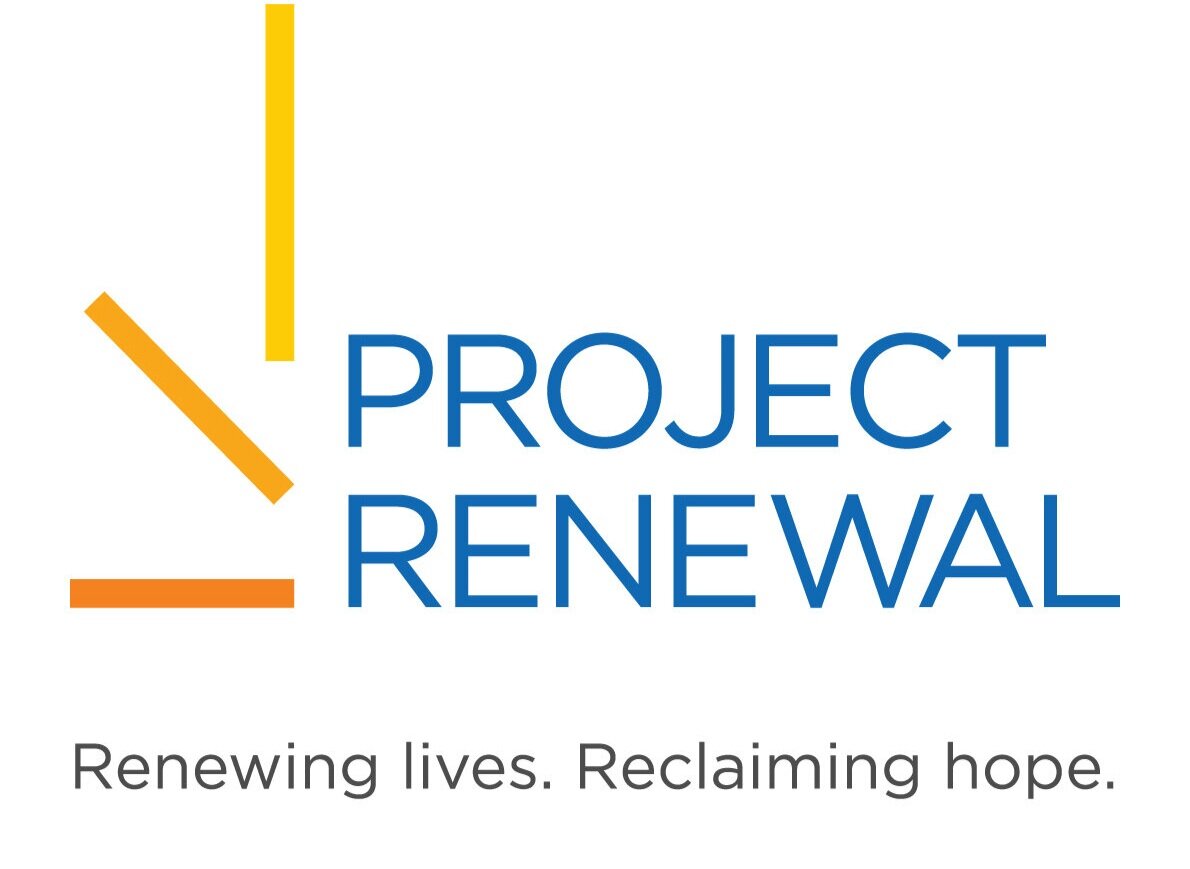Staff Member Q&A: Rob Gadomski, Deputy Medical Director of Psychiatric Services
/Rob chats with Project Renewal licensed practical nurse Theresa Blair.
Rob oversees psychiatry services at Project Renewal’s Support and Connection Center, a first-of-its-kind program that provides short-term stabilizing services for unhoused people experiencing an acute mental health or substance use crisis. Guests typically stay up to five nights, after which many participate in aftercare services, linking them to long-term support.
Q. Rob, what is unique about the Center’s approach to mentalhealth care for people in crisis?
“We provide recovery-oriented care, working with guests on what they identify as their needs and goals. Often, when they interact with hospitals or the prison system it’s the other way around, so their needs aren’t met. Our low client-staff ratio allows us to tailor our support to each guest. We always have staff available, even in the middle of the night, so the guests can engage with a certified peer or substance use counselor.”
Q. Many guests have had traumatic experiences in settings that are supposed to be rehabilitative. How do you gain their trust?
“We emphasize trauma-informed care. That starts with listening to guests, making them feel safe, and making sure they know that our services are optional—they can choose how we help them. Certified peer counselors—staff members who often have similar life experiences to our guests—are critical because of their empathy, relatability, and expertise. They are the first people to engage guests, even before a nurse or psychiatrist, and are instrumental in developing treatment and referral plans.”
Q. How do you measure success?
“We must be realistic about what’s possible during a five-day stay. We try to build a relationship with a guest, so that they come back for our aftercare services. Other things we can do in five days include helping someone sign up for food stamps; setting up a medication-assisted treatment plan with a suboxone prescription to help reduce opioid dependence; enrolling them in Project Renewal’s job training; or placing them into a Safe Haven if they’re eligible.”
Q. What’s the most rewarding part of your job?
“This work is not always easy, but it’s gratifying to see relief on a guest’s face and hear them say that they feel heard for the first time in a long time. And we have a phenomenal team. It’s inspiring to work with like-minded people who care deeply about seeing guests reach their goals.”




